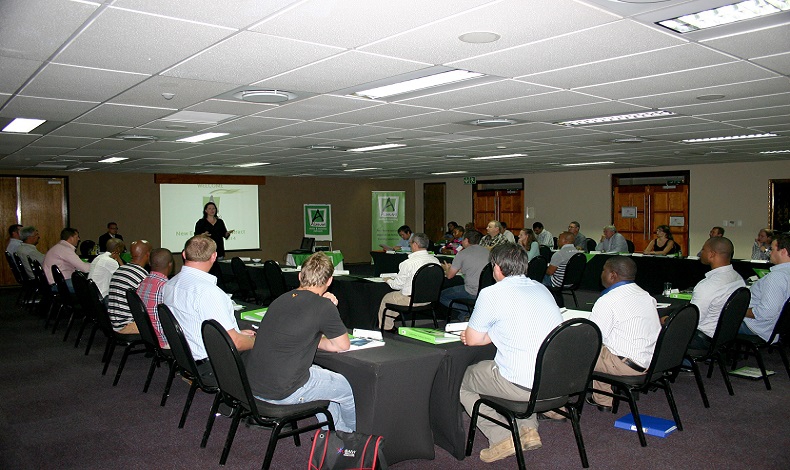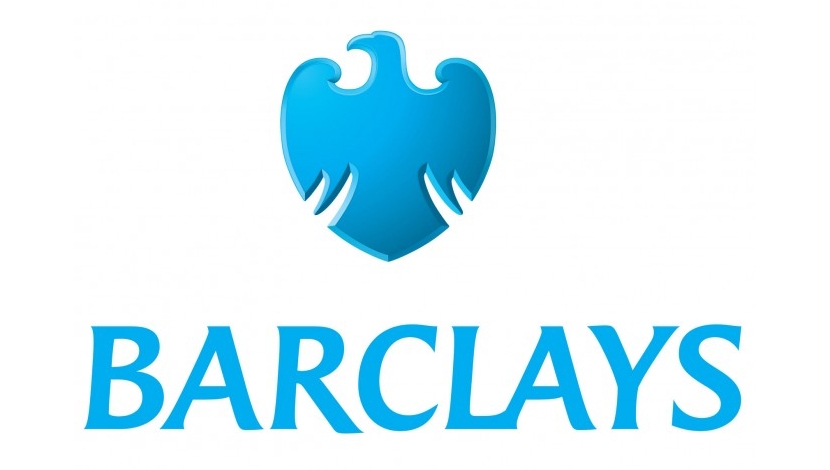

Coen Snyman,NEC Course Leader at Alusani Skills & Training Network®, says that the NEC Family of Standard Form Contracts enables more equality and more collaborative partnerships between employers and contractors. While many aspects of the NEC contracts are still largely misunderstood, the flexibility and mutual benefits that it offers contractors as well as private companies, parastatals and public sector organisations across South Africa, makes it an attractive option for professionals in the construction industry.
“One of the main drawing points of opting to use the NEC contracts for a construction project is the fact that it is very flexible in terms of the type of work that it can be used for, design responsibility allocation as well as dictating the specific type of contract that you want to enter into, such as a fixed price contract, target cost contract, bill of quantities contract and so forth. Little to no modification of the contract is needed regardless of whether you’re constructing a building, school, airport or hospital, making it an easy-to-apply contract,” explains Snyman.
The NEC contracts are also seen as a modern type of contract and widely regarded as international best practice because it enables a more collaborative partnership between clients and contractors.
“In the past, many construction industry contracts didn’t enforce an equal playing field between clients and contractors and the contracts would be used as a remedy against one another in the event of something going wrong. The NEC contracts enable a better outcome because it fosters a collaborative approach and it forces all parties to come together and address any potential challenges early on, before they become large problems,” says Snyman before adding that he is of the opinion that there are fewer disputes with legal repercussions when the NEC contracts are applied.
Certain aspects of these contracts, however, are still widely misunderstood. One of the goals when creating the NEC contracts was to provide a clear and simple construction contract, but this has led to many engineers not paying enough attention to the level of detail that are in fact involved.
“Many provisions of the contracts are actually quite complex as the approach to principles, provisions and methodology is very different to those found in traditional contracts. Many experienced engineers who have been in the industry for many years struggle to adapt to the NEC because they underestimate the complexities involved,” says Snyman.
An example of how the methodology between NEC contracts and traditional contracts differ is how additional time can be claimed. Traditionally, extension of time and cost claims were assessed and quantified retrospectively and based on actual delays that a project experienced and the subsequent costs that were incurred. The NEC contracts, however, require a forecast on the costs that you may incur to complete work.
“When you do a delay analysis retrospectively, you have got absolutes to work with. The prospective analysis that the NEC contracts require is different to the traditional approach and it requires a clear understanding of how events, time delays and costs need to be assessed,” says Snyman.
Snyman will be discussing the NEC Family of Contracts at Alusani® CPD accredited courses that are held throughout the year. For more information, visit http://www.alusani.co.za/.





